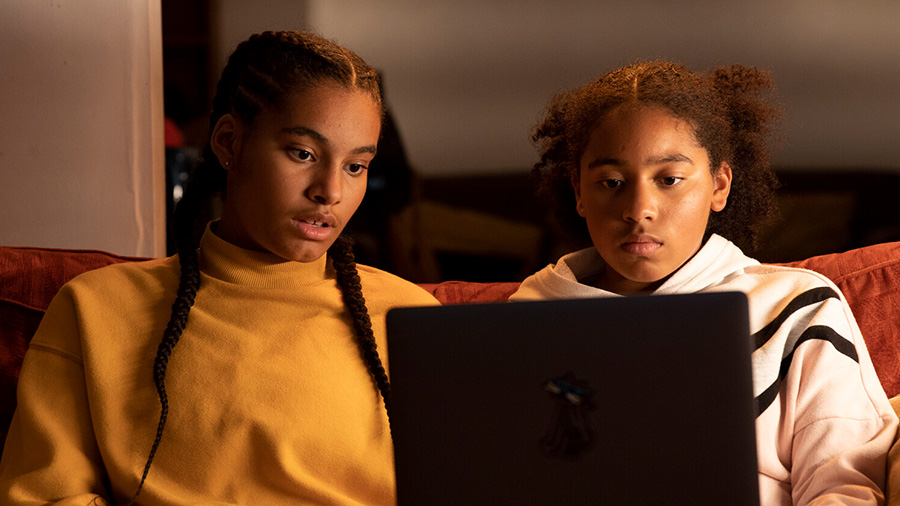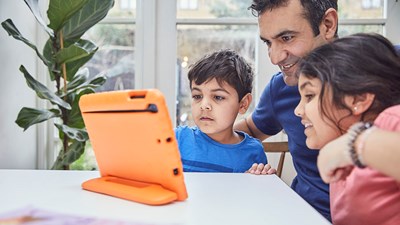We have joined forces with Common Sense Media to help keep children safe online and understand the impact of generative AI on children.

- The new partnership is going to be announced on the Bett UK main stage today at the ExCel Centre in London, and at next week’s The Common Sense Summit on Kids and Families in San Francisco.
- The alliance comes as children reach out to Childline for support on AI risks such as sexual abuse and bullying, and builds on Common Sense Media’s new AI ratings system.
We are partnering with the leading children’s advocacy organisation in the US, Common Sense Media, with aims to put child safety and wellbeing at the heart of tech decision-making, including the development and use of artificial intelligence (AI).
We will be launching this partnership at the Bett UK conference main stage at the ExCel Centre in London this afternoon, with a discussion on the global impact of AI on learning and children’s safety. This will be followed with a joint appearance at The Common Sense Summit on America’s Kids and Families in San Francisco at the end of the month, where speakers also include Secretary Hilary Clinton and Meta whistle-blower Arturo Bejar.





